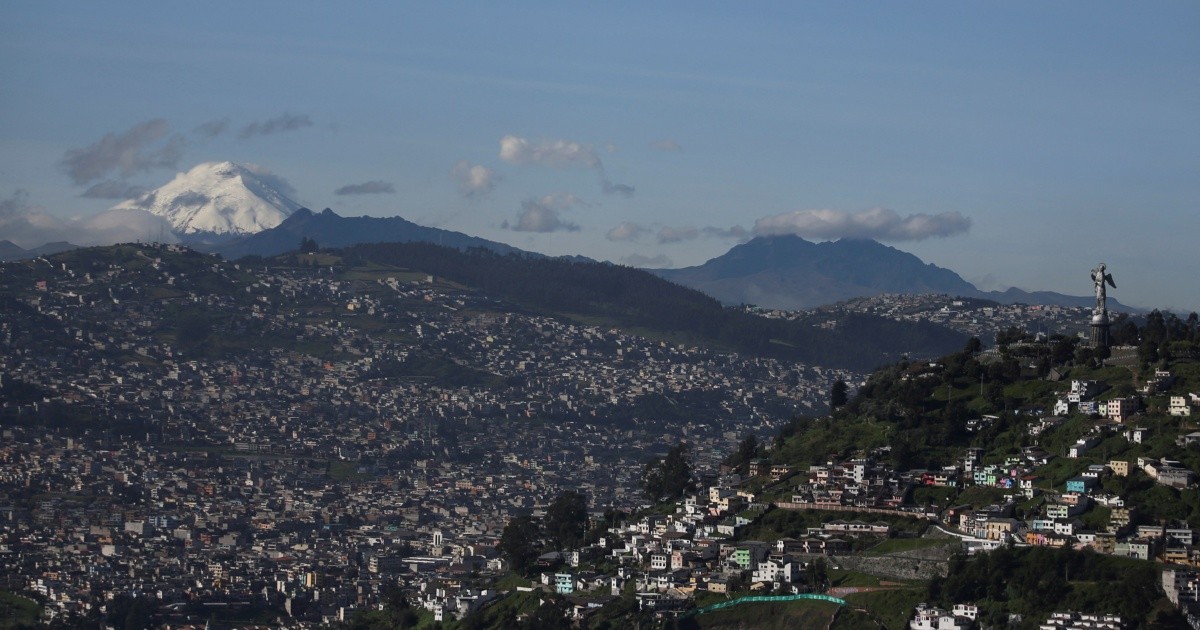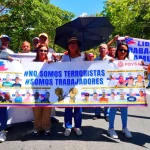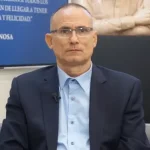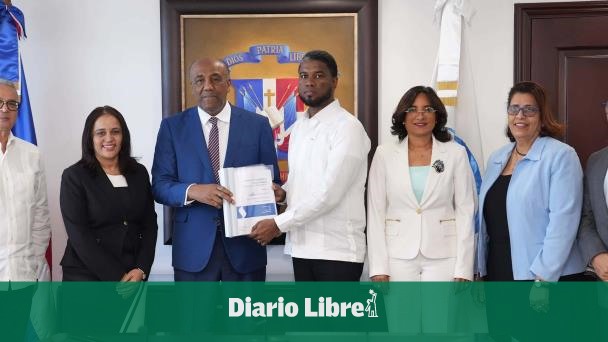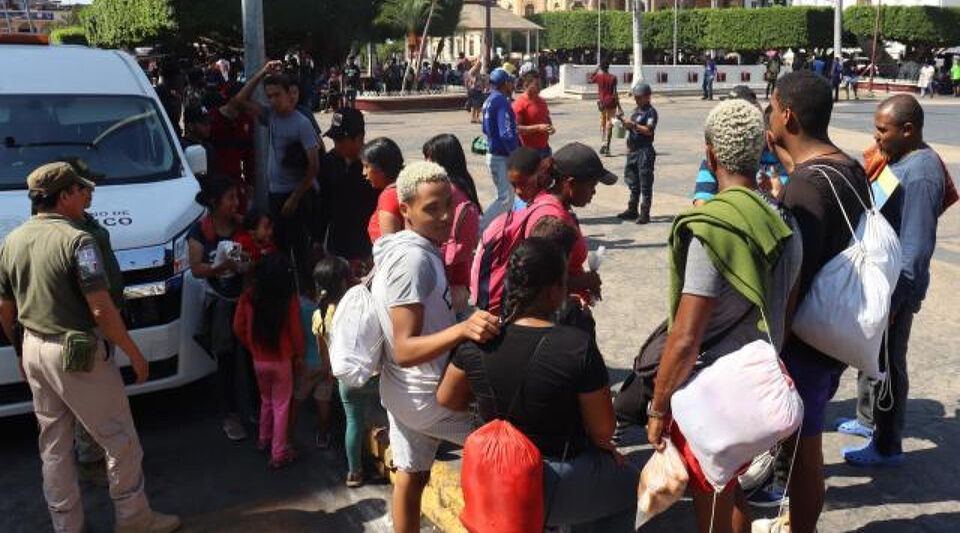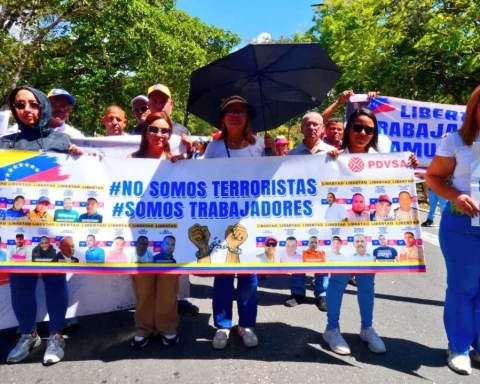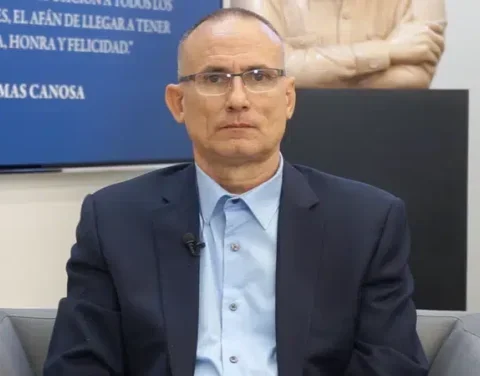Ecuador celebrates this Sunday local elections marked by the assassination of two candidatesin which it must also rule on a referendum that will decide whether to accept the extradition of compatriots to combat crime.
Some 13.4 million Ecuadorians are summoned to the polls to elect mayors, municipal councilors and provincial prefects (governors), who will take office in May for a period of four years.
What is at stake is above all local, but it will inevitably constitute a test for the right-wing president William Lassoin power since 2021, and whose unpopularity has reached records (80% according to a recent survey).
The vote, which takes place between 07:00 and 17:00 local time (12:00 to 22:00 GMT), takes place in a context of growing criminal violence in the country, linked to the drug trafficking.
On Saturday, a candidate for mayor of a coastal town was assassinated. Omar Menéndez, 41, was a candidate in Puerto López (west) for the opposition movement Revolución Ciudadana, related to former leftist president Rafael Correa (2007-2017).
Fifteen days ago, another municipal candidate, Julio César Farachio, candidate for mayor of the coastal town of Salinas (southwest), was also shot dead.
The National Electoral Council (CNE) “strongly” condemned the new homicide and assured on Twitter that measures were taken “to guarantee order and security in the electoral process.”
It is in everyone’s hands to promote a peaceful and respectful environment to experience these elections as what they are, a civic party,” said the president of the CNE, Diana Atamaint, at the beginning of the vote.
This Sunday’s vote will also elect the seven members of the Council for Citizen Participation and Social Control (CPCCS), which nominates the prosecutor and the comptroller.
extradition in sight
In parallel, the voters will have to pronounce themselves on eight issues, within the framework of a referendum called in November by Lasso, on various issues of security, politics and the environment.
At the center of the debate is the extradition of Ecuadorians who have committed crimes related to transnational organized crime. In Ecuador, the surrender of compatriots has been prohibited for eight decades.
The Executive maintains that the extradition will be a tool to combat and dismantle more than twenty criminal gangs, some with ties to Mexican cartels according to authorities.
The undeclared objective is the extradition to the United States of the drug traffickers, who would run the risk of remaining imprisoned there for many years, in harsh conditions and without the possibility of corrupting their guards. Colombia, the world’s largest producer of cocaine, has applied this measure since the 1990s.
In Ecuador, while drug trafficking has grown (200 tons of drugs seized in 2022), violence has increased. Prisons are the scene of bloody and recurring massacres between rival prisoner gangs. And in a country of 18.2 million inhabitants, the homicide rate per 100,000 inhabitants almost doubled between 2021 and 2022, from 14 to 25.
The Lasso government also promotes in the referendum the reduction in the number of legislators (currently 137 in the unicameral National Assembly).
“The government has tried to position two fundamental issues (…) One is insecurity with the question of extradition and second, the reduction in the number of assembly members,” political scientist Santiago Cahuasquí, from the Sek International University, told AFP.
“adverse” context
The referendum also addresses initiatives such as the control of political movements and the withdrawal of powers from the CPCCS, as well as the incorporation of water systems into protected areas, to fight against illegal mining, and the delivery of compensation for those who protect the environment.
If the constitutional reforms are approved, the National Assembly will have one year to implement the changes.
Cahuasquí pointed out that the consultation takes place in an “unfavorable scenario” for Lasso.
“It is a political context of fragile governance, it is an economic context marked by inequality and poverty, and it is a social context marked by insecurity due to the presence of organized crime,” he said.
The election of local authorities could also affect governance in Ecuador, where three presidents were overthrown between 1997 and 2005.
“The national government is risking all its political capital in this election, leveraging, on the one hand, the referendum initiative and, on the other hand, also trying to bring together a representative number of mayors and prefectures, but the climate is adverse,” Cahuasquí estimated. .
The electoral body has ten days to count the votes and will announce the results after resolving possible challenges.
